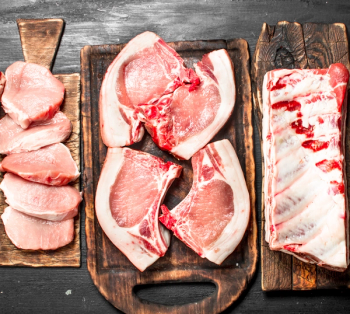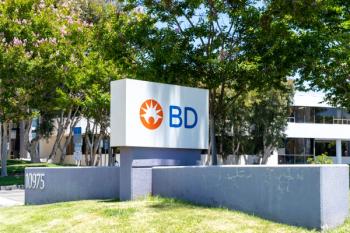
Chemist Salaries
College graduates receiving chemistry and chemical engineering degrees between July 2006 and June 2007 entered a still strong job market, the best since 2000.
College graduates receiving chemistry and chemical engineering degrees between July 2006 and June 2007 entered a still strong job market, the best since 2000. According to a salary survey conducted by the American Chemical Society, the percentage of 2007 chemistry graduates with full-time jobs increased to 39% for those receiving bachelor's degrees - an increase of 6% from the recent low of 33% for 2003 graduates. The percentages of 2007 master's and Ph.D. graduates with full-time jobs were 52% and 43%, respectively. Starting salaries for 2007 chemistry bachelor's graduates increased 4% from 2006 to a median of $37,500; median starting salaries for master's graduates fell slightly from $50,400 in 2006 to $50,000 in 2007, and for 2007 Ph.D. graduates the median starting salary was $70,000.
Newsletter
Join the global community of analytical scientists who trust LCGC for insights on the latest techniques, trends, and expert solutions in chromatography.




